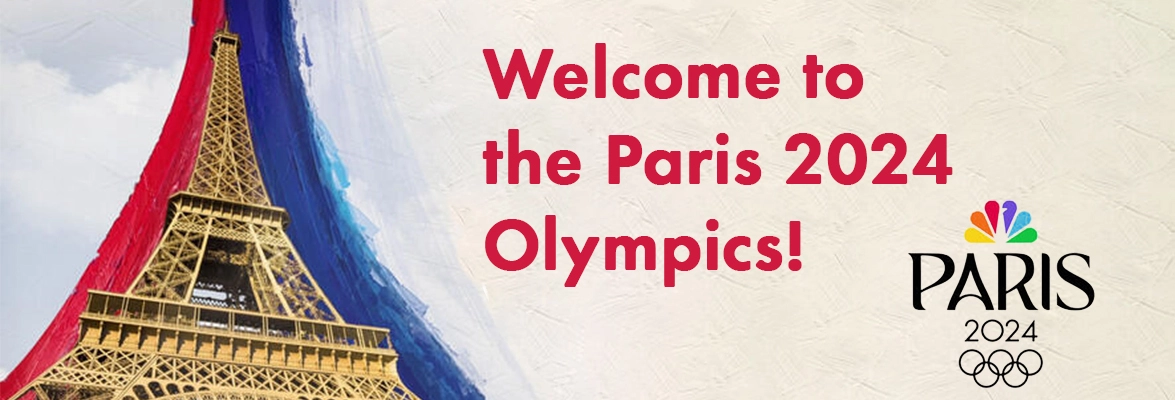
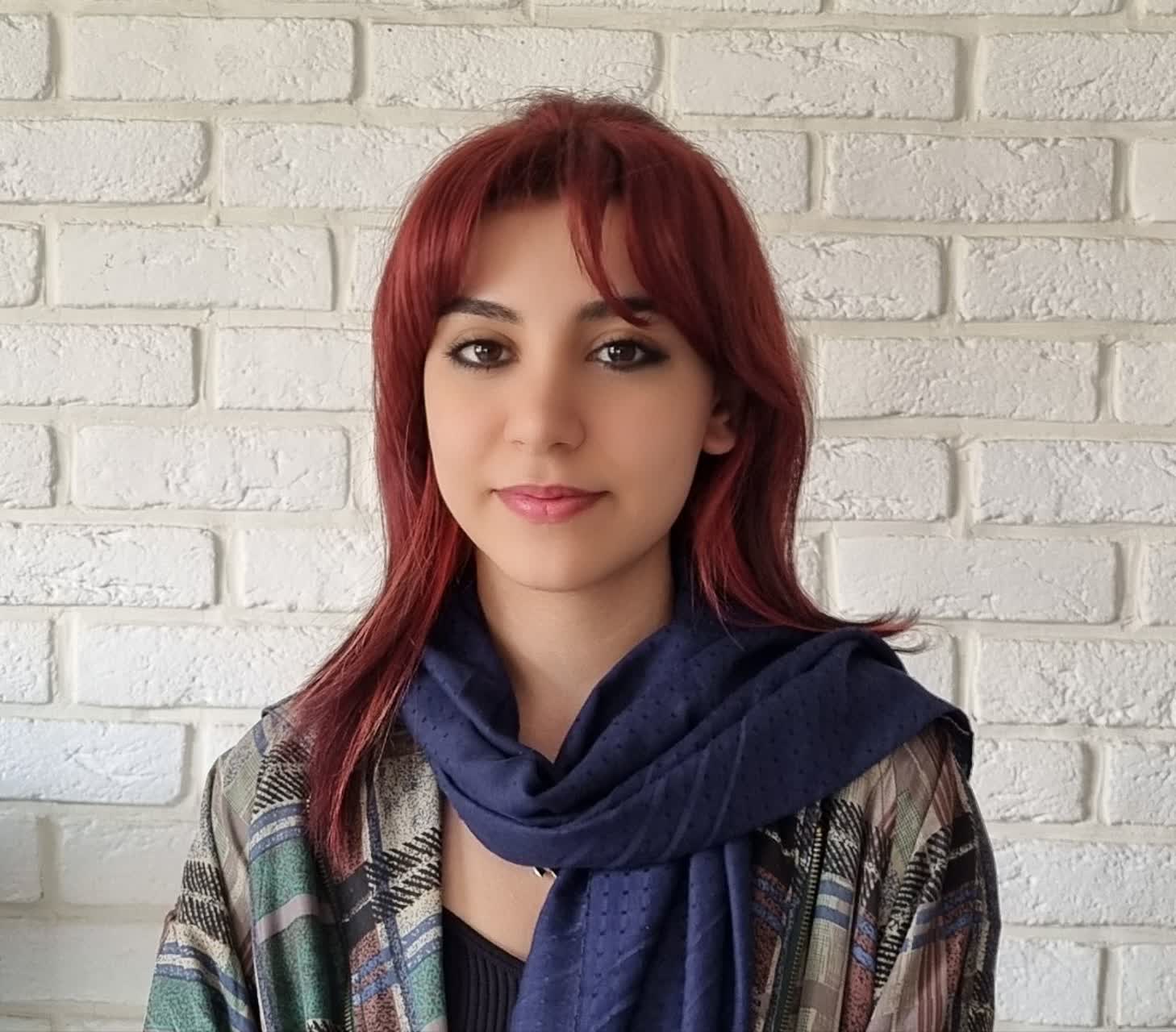
Paris has been preparing to host the world’s biggest sporting event – the 2024 Olympic Games. The French capital welcomed 10,500 athletes from 206 countries from July 26 to August 11. There are 32 sports and 329 events. Unlike previous Olympics, the opening ceremony of the Paris Olympics did not take place in the stadium. Athletes boarded 180 boats along the Seine River, and 240 buses transported them from the Olympic Village to the Pont d’Austerlitz area. The boat ride was six kilometers long and ended near the Eiffel Tower. As Paris hosts the Olympic Games for the third time, following successful stints in 1900 and 1924, the city showcased its blend of history, art, fashion, and culture to 300,000 spectators at the Opening Ceremony.
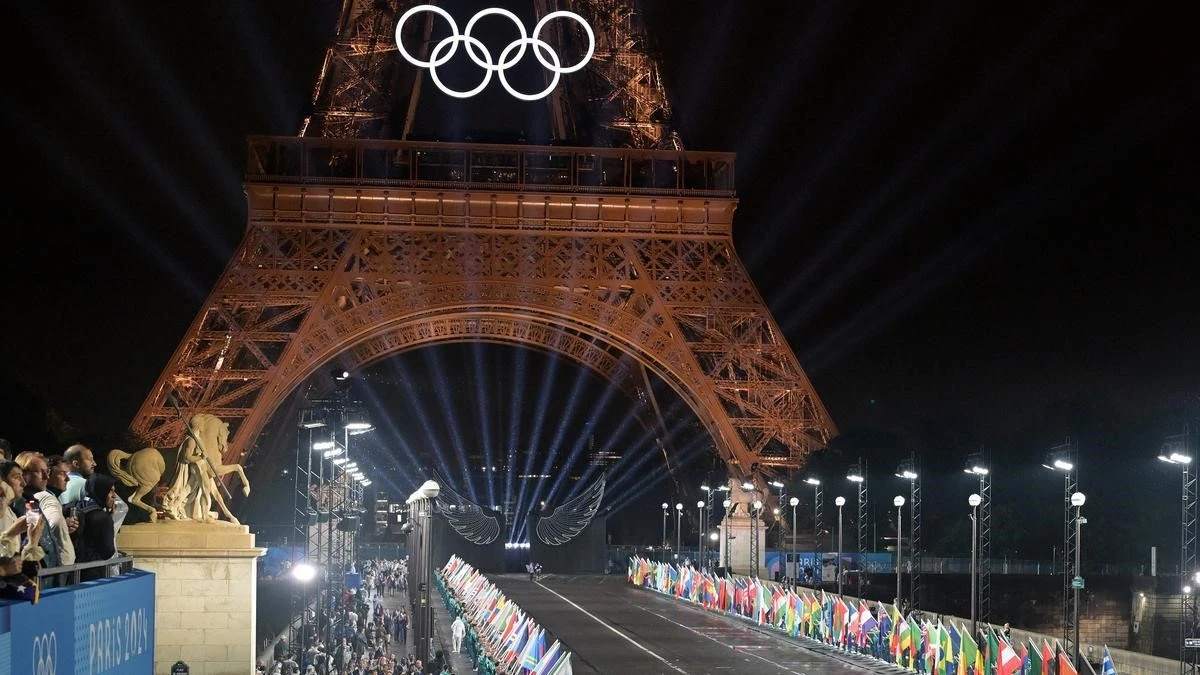
Watch the Paris 2024 Olympics Opening Ceremony:
https://youtu.be/ggwGSzzrAT4?si=NzxCCVqRDUKzmAjI
The Paris 2024 Olympic Games kicked off on July 24 with preliminary events in several sports, including handball, football, and rugby sevens. Handball and football matches began on the opening day, with teams from around the world competing at various venues across France. Swimming events began on July 27, with finals already completed for several races, including the men’s and women’s 400-meter freestyle. The cycling time trials also took place on July 27, with athletes racing against the clock for medals. In addition, the women’s synchronized 3-meter springboard finals in synchronized swimming were held on July 27 and featured impressive performances by the competitors. These early events mark the beginning of an exciting Olympic schedule, with many more competitions to come before the Closing Ceremony on August 11, 2024.
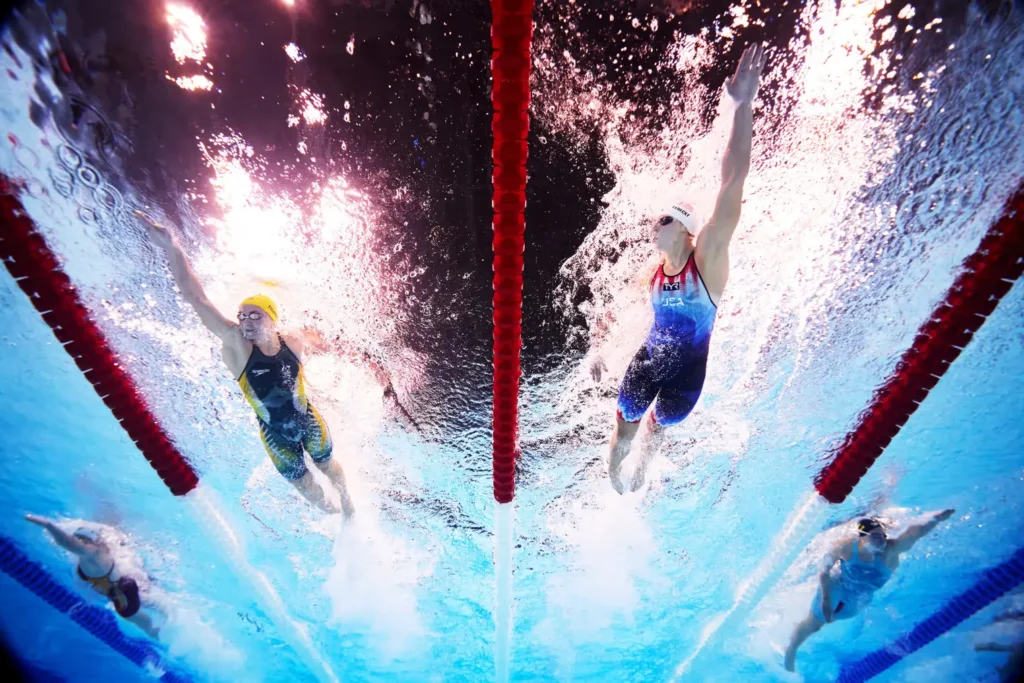
One addition to the Paris 2024 Olympics is the debut of breakdancing as an official sport. This shifts the traditional lineup of the Games. The dance style joins the ranks alongside returning sports like sport climbing, skateboarding, and surfing, the latter of which will occur in Tahiti, over 1,500 kilometers away. These additions show the International Olympic Committee’s efforts to appeal to younger audiences and adapt to modern sporting trends.
Moreover, the Refugee Olympic Team is participating again, providing a platform for athletes displaced from their mother countries. The Refugee team will consist of 37 athletes from 11 countries, and they will compete in 12 sports, such as athletics, cycling, weightlifting, swimming, and boxing. Among the 37 athletes, 14 are Iranian, making up nearly 40% of the team. The return of the Refugee Team is a significant step for several reasons. First, it symbolizes hope and encourages solidarity while raising awareness about the global crisis. Also, the International Olympic Committee (IOC) aims to humanize the refugee experience and inspire individuals by providing a platform for these athletes.
Iran has sent 40 athletes to the Paris 2024 Olympics, competing in 14 sports. This includes sports like weightlifting, taekwondo, cycling, wrestling, and gymnastics. Historically, Iranian athletes have been predominant in wrestling and taekwondo, and the country aims to secure medals in these disciplines and others. Among the athletes, key figures include wrestlers such as Hassan Yazdani and Amir Hossein Zare, who are expected to be medal contenders. Farzane Fasihi, competing in the 100-meter spring, is also a notable athlete expected to achieve a high rank.
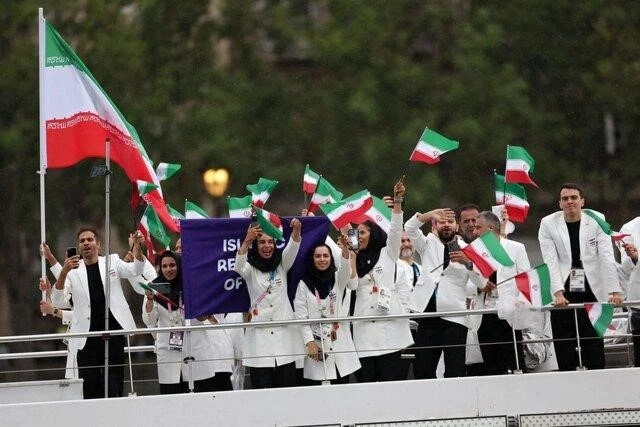
Although there is vast enthusiasm globally, this year’s Olympics has faced some controversies, primarily around environmental concerns. One of the most dominant issues is the polluted waters of the Seine River. Paris has been preparing to hold events such as triathlons and swimming competitions in the Seine River despite the long-lasting problems that have made swimming illegal for over a century. To address these issues, Paris has invested around €1.4 billion to improve the quality of the river. However, there are still fears that adverse weather conditions could lead to the cancellation of the swimming leg of the triathlon during the Games.
To demonstrate confidence in the river’s safety, Paris Mayor Anne Hidalgo decided to swim in the Seine. This act was to reassure the public and athletes about the water quality despite the historical and ongoing pollution issues. However, her action has brought mixed reactions, as many remain skeptical about the river’s quality and safety for competitive swimming.
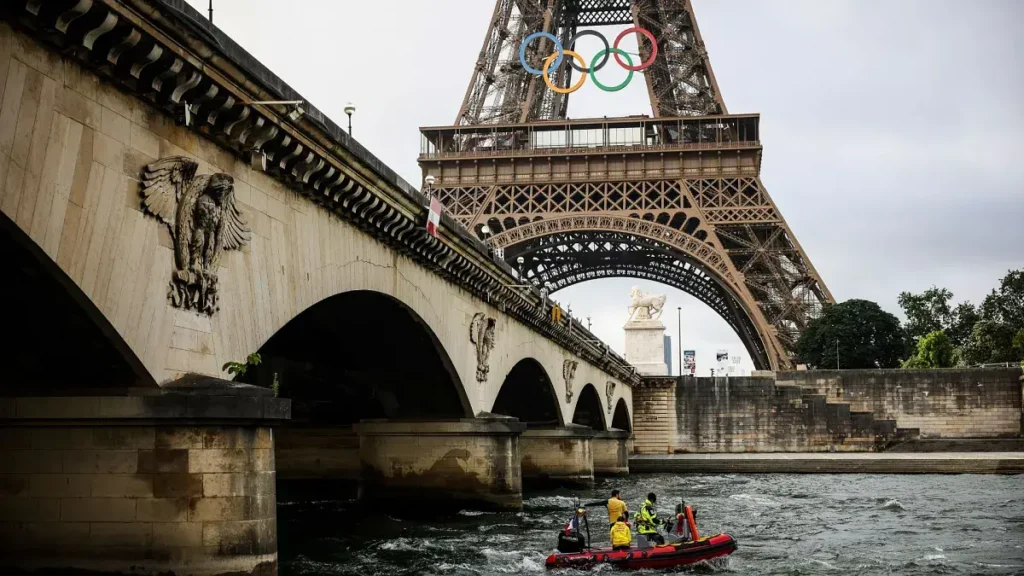
Watch: Paris Mayor Anne Hidalgo swims in the Seine River
https://youtu.be/FSeCRGlDtEg?si=kRfXanmmtrb9pzic
In addition to the environmental controversies, there are worries about the security arrangements and the potential for protests due to social and political tensions in France. Security is a primary issue, as the Olympics often attract large crows and double the potential to be targets for terrorist attacks or civil unrest. Given France’s current social and political problems, there are fears that demonstrations could disrupt the Games. Fortunately, the organizers have been preparing to increase their security. It has been announced that more than 40 countries have provided 2000 auxiliary forces to the French police for the Olympic event.
The impact of the Paris 2024 Olympics on the city is expected to be highly significant, primarily in terms of tourism. Estimates suggest that the Games will attract an additional 3 million visitors, contributing to a total of 16 million tourists during the Olympic period. The number of tourist arrivals will generate approximately €4 billion in tourism spending, boosting the local economy. Overall, the financial effect of the Games is anticipated to reach about €10.7 billion, with the Île-de-France region, where Paris is located, benefiting from this economic activity.
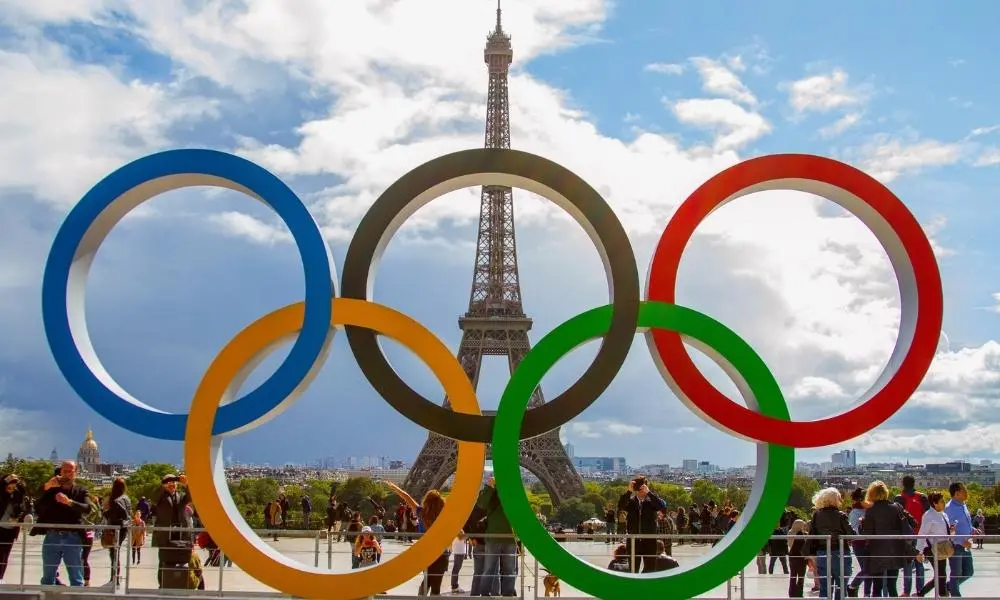
Paris 2024 Olympics will undoubtedly leave a remarkable legacy on the city, such as the creation of new sports facilities, parks, and public spaces that will benefit residents long after the Games conclude. By leveraging the global spotlight of the Olympics, Paris aims to solidify its position as a leading tourist destination and foster lasting economic and social benefits for its communities.
Related Links:
Opening Hours:
24/7
Address: Tradex Mena International Consulting Group L.L.C-FZ 6th Floor, Business Center, The Meydan Hotel Grandstand, Meydan Road, Nad Al Sheba, Dubai, United Arab Emirates
+971 50 240 9735
Address: TRADEX INTERNATIONAL CONSULTING DANIŞMANLIK
itH. iHr. ve TiC. LTD. ŞTi.
Tomtom Mah. istiklal Cad. Beyoğlu iş Merkezi No.187 iç Kapr No: 4 Beyoğlu/iSTANBUL Beyoğlu V.D. 8591125255
This was such an insightful article
Such an entertaining article!